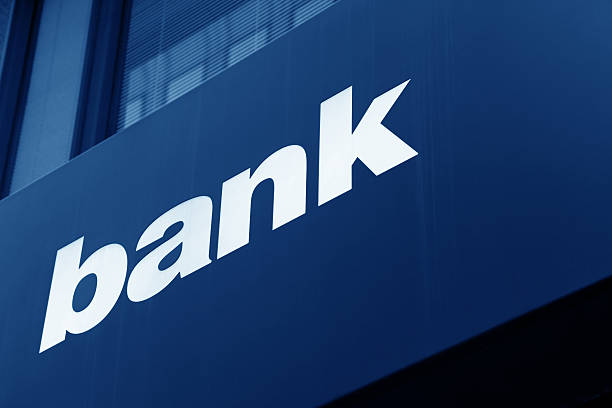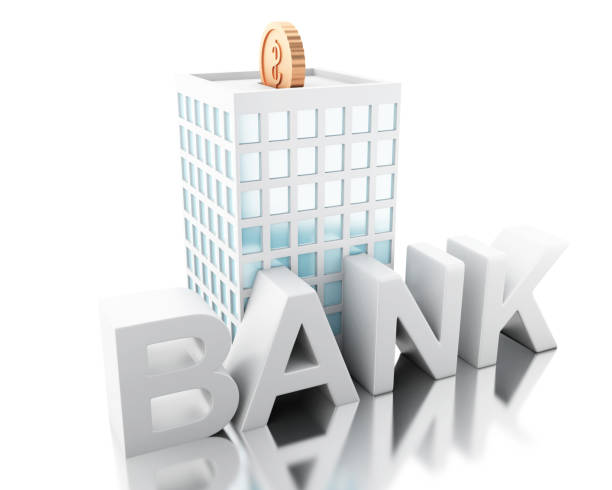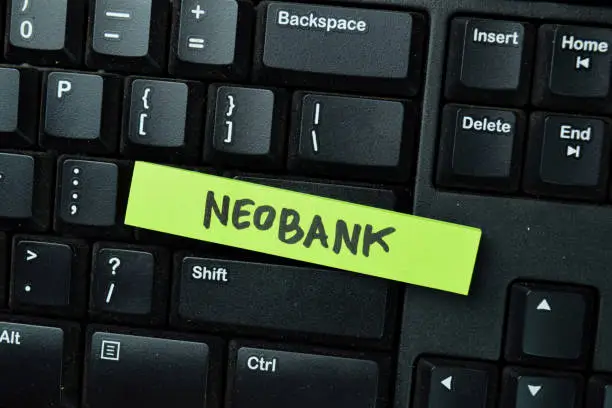International remittances, investments, loans, and other instances where money crosses geographical borders, require a legal cover and regularized channels. Like human transportation, the money transferring channels vary in services and requirements. Just as a traveler may choose a plane over a train, depending on the purpose of travel and budget, choosing the right channel to transfer money from one country to another requires the same level of conscientiousness.

Whether you are in the heart of Europe or a remote location will greatly influence how you transfer money to Nigeria. However, globalization has made it easier, faster, and more convenient as compared to yesteryears. Here we will explore the best ways to channel money from Europe to Nigeria based on efficiency, rates, and ease.
Bank transfers
Because up until 1960 Nigeria was colonized by the British Empire, several British and European banks have their subsidiaries or branches in the country. If the person to whom you plan to transfer money has an account in one such bank, then the only step to perform is to deposit the sum in that bank nearest to your location in the receiver’s account. Within 4 to 5 working days, that amount will be transferred to the receiver’s account and he/she may withdraw the amount in the local currency. The receiver may also have the provision to receive the same currency if he/she has the appropriate account.
The biggest advantage of a bank transfer is that there is no limit as to how much you may send, however, the bank may charge a hefty fee as well as an above-the-market exchange rate on the transaction. If you have an account in the same bank as the receiver, you may not even have to visit the branch and commit the transfer from the comfort of your home, in case a large amount where a visit may be mandatory.
Wire transfer
A swift, user-friendly method of transferring money to Nigeria from any part of Europe is wire transfers. Wire Transfer is a method that requires a physical visit to the office (kiosks and outlets are provided in many commercial banks). A certain upper limit is applied in all wire transfers, generally up to USD 10,000. Any amount below the said threshold has to be deposited in cash at the outlet and the particulars regarding the recipient such as name, location, identity number, purpose, etc. to be provided.
The recipient and the sender receive instant notification in their SMS or email with details of the transaction, subsequently, a special code is also sent to the recipient. This code is unique and must not be revealed to anyone. Producing this code at any wire transfer office of the same company, the recipient can collect cash in the local currency.
Western Union, MoneyGram, WorldRemit, Wise, etc. are a few wire transferring companies that have a global footprint. They invest heavily in customer satisfaction and advertisements and ensure a reliable experience 99% of the time.
Note that the entire process may take 1 to 2 working days.
Application, web-based platforms
So far, we discussed the bank transfers, with no upper limit and probably suitable for larger amounts due to the fixed transaction fee and exchange rates. And the wire transfer; with a lower percentage transaction fee and the same exchange rates as the interbank rates. While the first method is more apt for business and commercial transactions, the latter is more suitable for people who send remittances to their families and usually are less than USD 10,000 at a time. The remittances are mostly savings and it suits the sender that fewer charges are applied.
But there is still one more method money can be transferred instantly from Europe to Nigeria. Smartphone applications and web-based platforms have revolutionized the way people transfer money. The prime target market of such apps and platforms is the freelance global marketplace, e-buyers, and e-commerce platforms.
Applications are integrated into every e-commerce platform, e-marts, and freelance business website. The service provider and the hirer can pay money through these platforms immediately. The transaction fee is insignificant and the exchange rate is competitive with the open market.
We can’t emphasize enough the importance and value of these platforms in today’s scenario. Probably, the only disadvantage of this channel is that the transactive amount in many cases is not more than USD 2,000 at a time. Even sending USD 2,000 in quick successions may raise red flags; the account may be disabled momentarily subject to re-verification of the user.
As for ease-to-use; registering to any of the thousands of apps such as Paypal, Instarem, Wise, and Revolut is free. The apps thankfully accept credit/debit cards and direct deposits. Once you have the money in your e-accounts, all you need is the recipient’s e-account ID, bank account, etc and the transaction can be conducted from virtually anywhere!
Comparison between banks vs platforms
Online platforms generally are cheaper than banks or wire transfers. However, while you choose any channel you must factor in three basic things; amount, location, and the time you have at hand. If you wish to transfer money instantly, in case of an emergency, we will never suggest you go to the bank. In this case, your go-to option should be applications, as even the wire transfer may take up to working days if everything goes smoothly (several instances have been recorded where the transaction has taken 10 days!).
Whatever the channel, you must be vigilant about the receiver’s particulars and ensure that all information has been correctly fed. Lastly, only trust the best applications and wire transfer companies, as many companies and apps offer insanely less fees and extremely lucrative exchange rates. Remember, these are just gimmicks! – the hidden charges behind these offers may as well be more than you transfer.





